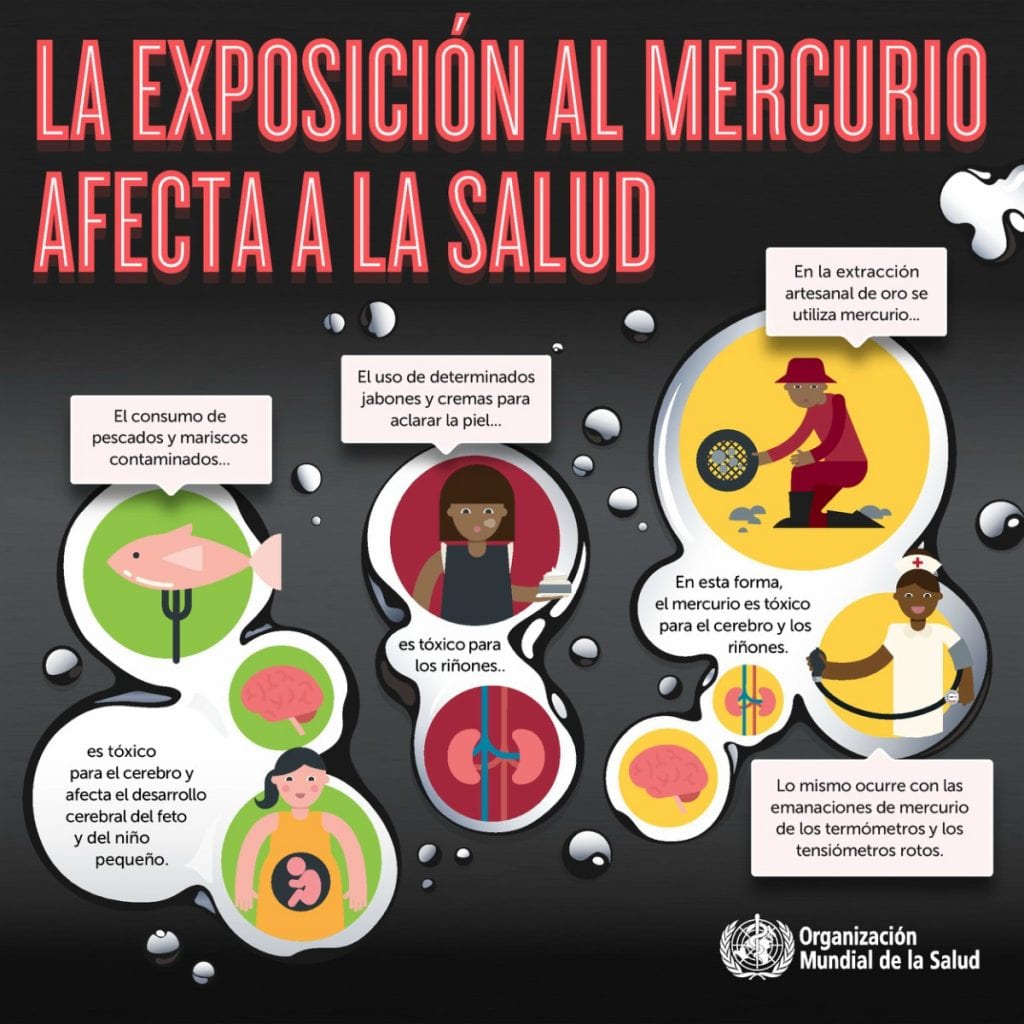
That food can be medicine is something we know at Biosalud Day Hospital and that's why we have been working on the The dietary guidelines form part of our food and nutrition treatments. Biological Medicine. However, there are also foods that can put our health at risk, such as fish.
The genetic characteristics of each person influence the quality of nutrient absorption and the occurrence of diseases, regardless of the food we eat €"although in general we always recommend following a balanced diet such as the Mediterranean diet. However, there are foods that themselves contain toxins which enter our bodies if we ingest them in large quantities. The mercury-contaminated fish is one of them.
The protein provided by fish and seafood is of high quality and it is particularly recommended to consume fish with high Omega-3 content. These fatty acids have multiple health benefits: they help prevent cardiovascular diseases, regulate cholesterol levels, strengthen the immune system, promote the development of the baby and help improve mood in cases of depression, among others.
The blue fish €" salmon, mackerel, herring, tuna, eel, conger eel, dogfish, swordfish, turbot€¦- is richer in Omega-3 and is recommended to be consumed more frequently than white fish. However, it is this type of fish, oily fish, which can contain the highest amounts of mercury due to the high pollution of marine waters. So much so that even the European Food Safety Authority has studied the recommended consumption amounts of these species.
EFSA has assessed the risk-benefit balance of fish consumption and has established, in general terms, the following risk-benefit ratios recommended weekly portions of fish or seafood to improve neurodevelopmental functional outcomes in children and reduce the risk of coronary heart disease mortality: 3 to 4 servings per week, of which 2 to 3 servings should be oily fish.
However, given the very different consumption patterns in different countries of the European Union, specific recommendations are delegated to the national health authorities. In Spain, of the species that are commonly found in our diet and that we should avoid, we find swordfish, blue shark, bluefin tuna and pike. Does this mean that we cannot eat these types of fish? No, but it is recommended that they be consumed at least two weeks apart.
What effects does mercury have on the body?
Mercury is not the only heavy metal that can be found in fish, cadmium, lead or arsenic pose a risk to our health. However, if we look at methylmercury, which is the type of mercury that is harmful to the organism, we find that the consequences of poisoning are high:
- affects the central nervous system in development.
- influences the weight gain.
- affects the locomotive function.
- can reduce the hearing function.
- has an influence on the immune system.
At Biosalud Day Hospital we apply the chelation therapy as a treatment to eliminate heavy metals from the body and we have specific analytical tests to detect the presence of these substances in the body. In Biological Medicine we maintain a holistic approach to medicine and take into account all the factors that determine the onset of a disease. In our daily practice, we find the presence of heavy metals in people who suffer from neurodegenerative diseases, those with memory problems and even chronic dermatological diseases.



2 thoughts on “Pescado y marisco, ¿pueden ser en riesgo para la salud?”
Dear doctor, I have dizziness when I get up and for a long part of the day, I am told that it is the daily consumption of fish because of the mercury it contains, I would like your opinion.
thank you very much
Good afternoon, we would like to inform you that this site is not an online clinic. On our website we publish information that we believe may be of interest to the public. Furthermore, we cannot give a generic answer to a specific case. If you would like to make an appointment at one of our centres in Madrid or Zaragoza, you can call us on 0034 976 22 11 33. Thank you!
Comments are closed.